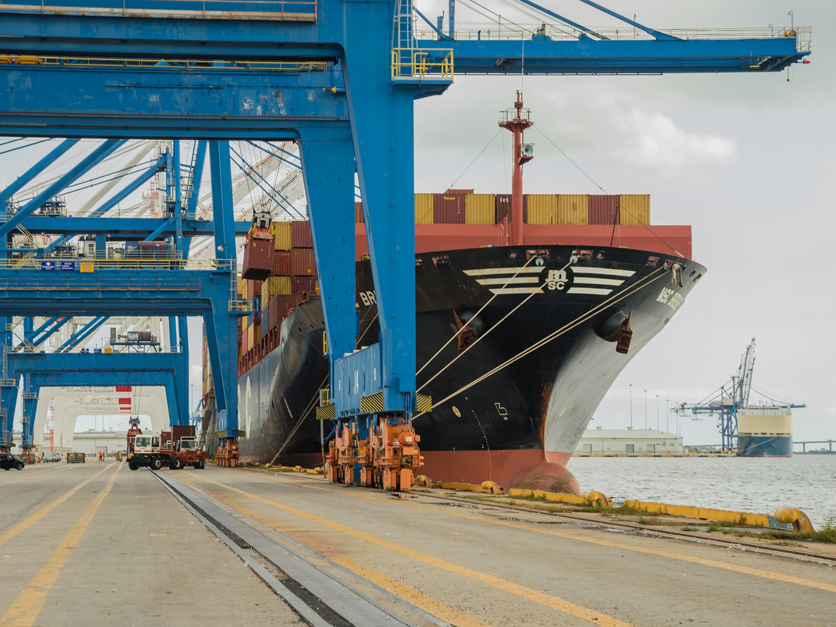Legislation is being introduced in the House and Senate to create a task force composed of officials with USDA and the U.S. Trade Representative's Office to identify agricultural trade barriers such as India’s farm subsidies that should be challenged at the World Trade Organization.
“When foreign governments erect trade barriers this makes it difficult for United States agricultural exporters to compete in the global marketplace while undermining the rules-based trading system,” says the bill called the Prioritizing Offensive Agricultural Disputes and Enforcement Act.
“These trade barriers can harm United States farmers, ranchers, workers, and businesses, and they can also lead to higher prices for consumers and a less resilient international trading system.”
Sen. Bill Cassidy, R-La., announced the introduction of the Senate version of the bill Thursday, along with cosponsors John Boozman, R-Ark., Tommy Tuberville, R-Ala., Joni Ernst, R-Iowa, Cindy Hyde-Smith, R-Miss., and Roger Wicker, R-Miss.
The House version is led by Rep. Rick Crawford, R-Ark., and its cosponsors include Reps. Clay Higgins, R-La., Troy Carter, D-La., Mark Alford, R-Mo., Frank Lucas, R-Okla., Tracey Mann, R-Kan., Randy Feenstra, R-Iowa, Trent Kelly, R-Miss., Julia Letlow, R-La., and Austin Scott, R-Ga.
The bill, which would require the task force to engage with Congress, takes specific aim at India, a country that has long created turmoil on the global rice and wheat markets by subsidizing over production of the grain. Farm groups and the USTR have repeatedly complained that India’s practice of buying up the rice and wheat and then later flooding the market with cheap grain that pushes down prices and stymies U.S. exports.
USTR has submitted two counter notifications to the WTO in the past six years to document and highlight India’s trade-distorting actions on rice and wheat, but the U.S. has yet to initiate an official trade dispute in Geneva.
The latest counter notification was submitted in Geneva this year by the U.S. and co-sponsored by Australia, Canada, Paraguay, Thailand, and Ukraine. The countries accused India of under-reporting its subsidies and stressed that an accurate accounting shows India’s rice subsidies equaled about 94% of the crop’s market value. India agreed to a 10% limit when it joined the WTO.
Don't miss a beat! Sign up for a FREE month of Agri-Pulse news! For the latest on what’s happening in agriculture in Washington, D.C. and around the country, click here.
Lawmakers make it clear in the new bill's “sense of Congress” wording that they want to spur the Biden administration to take action at the WTO.
The bill says that “in the case of India’s minimum price supports, the United States has exhausted other options available through the World Trade Organization short of (a dispute).” The legislation goes on to say “there should be a plan and definitive deadlines in place” for the U.S. to start the dispute process.
“We appreciate Senator Cassidy, Congressman Higgins and their colleagues for leading in Congress on this critical issue for the U.S. rice industry,” said Bobby Hanks, CEO of Louisiana-based Supreme Rice and chair of the USA Rice International Trade Policy Committee. “A WTO case against India’s rice subsidies is long overdue, and long-term policy changes in India would help to make rice farmers from the U.S. and other origins that play by the rules, more competitive on the world market.”
Sen. Cassidy’s office, in a statement released Thursday, said the USDA-USTR task force would also “more proactively monitor upcoming Chinese industrial subsidies, rather than waiting to react after subsidies are in place.”


